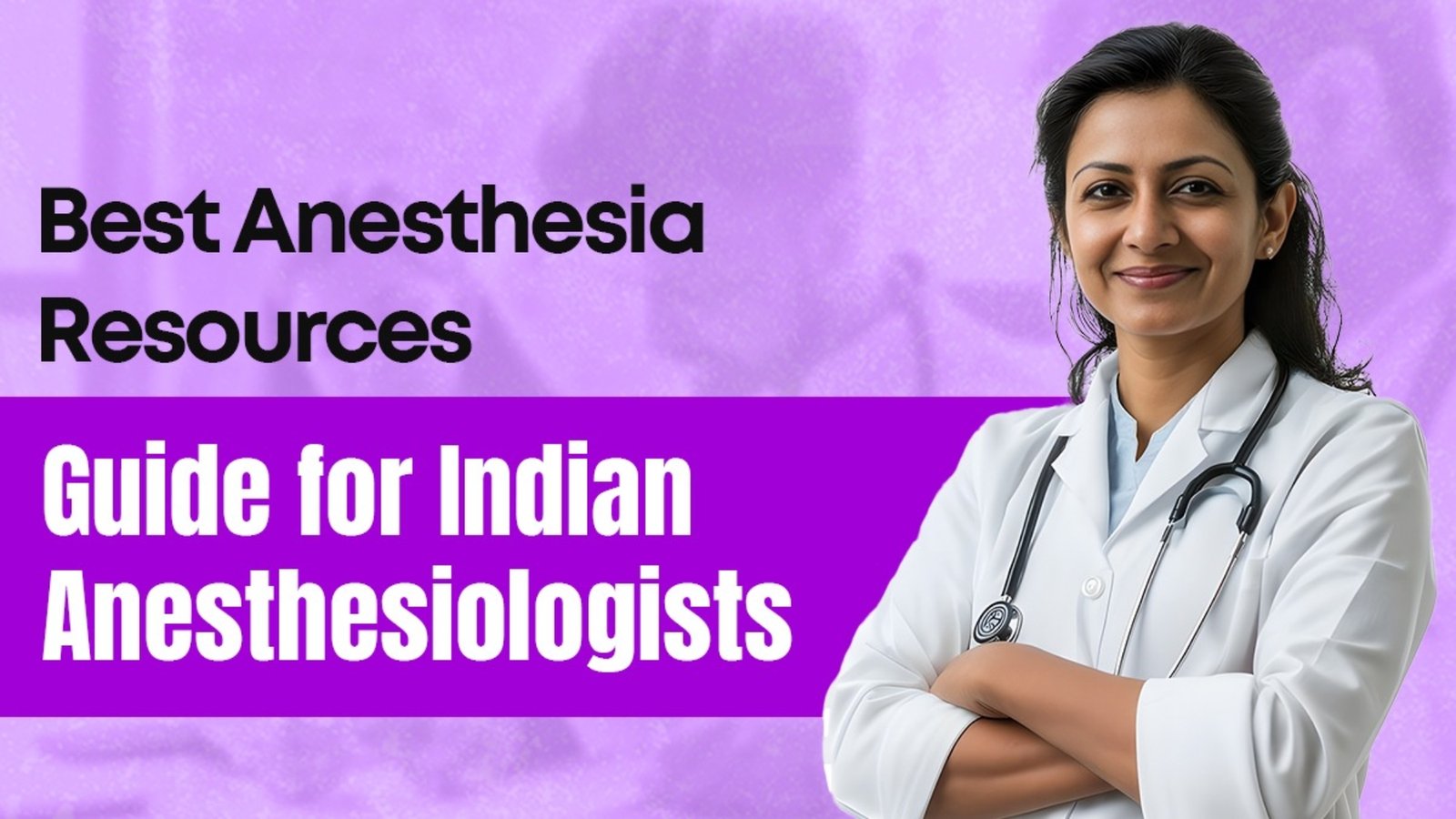Estimated reading time: 4 minutes
As Anesthesia residency comes to an end, residents struggle with the thought of what is next now. As you stand at this crossroads in your career, you need to carefully make up your mind. There are two alternative paths a fellowship or scholarship. These both have their respective boons, so you should choose carefully.
Let’s take a look at each to make a better decision.
Pursuing a Fellowship
Fellowship Provides very specialized training in certain areas of anesthesia, such as:
- Pain management: Focusing itself on the diagnosis and treatment of chronic pain with nerve blocks and spinal injection tools.
- Critical care medicine: This will prepare you to manage critically ill patients in an ICU setting.
- Cardiac anesthesia: A subspecialty that is driven by anesthesiologists providing anesthesia for patients undergoing cardiovascular surgery.
- Pediatric anesthesia: Training and specializing in providing anesthesia care to neonates, infants, and children.
- Regional anesthesia and acute pain medicine: Focusing on nerve block anesthesia and managing post-surgical pain.
Benefits of a Fellowship
- Career development: One becomes a subject-matter expert after finishing a fellowship, which opens opportunities in academia or leading hospitals.
- A higher pay: In addition to being specialty certified, specialization also may increase looking at an increase in income.
- Job satisfaction: You will more likely be excited to work in a niche area in anesthesia if it affords you the satisfaction that practices into your near and long-term goals.
Choose Fellowship If:
- You have a strong interest in one subspecialty of anesthesia.
- You aspire to further enhance your skills while enhancing your chances at career opportunities.
- You plan to work in an academic medicine or research-oriented position.
Pursuing for Scholarship (Research and Academia)
A scholarship route focuses on academic contribution, research, and teaching in the field of anesthesia. Scholars contribute to the advancement of medical knowledge while often working in academic institutions or an R&D organization.
The benefits of a scholarship route:
- Contribution to Science: Help in new and ground-breaking research, from results to publications that can shape and change the future of anesthesia.
- Teaching Role: Teaching and training future generations of anesthesiologists.
- Flexible Career Track: Academic positions typically maintain a more reasonable work-life structure than clinical positions.
Consider a Scholarship If
- You are passionate about research and innovation.
- You enjoy teaching and contributing to academic development.
- You want to become involved in global health initiatives or policymaking.
How to Decide Between a Fellowship and Scholarship?
The choice of paths ultimately depends on your priorities and long-term goals. Below are a few pointers for consideration:
- Passion and Interest: Think about what exactly you are interested in. Are you interested in a certain clinical field or more geared towards research and teaching?
- Finances: Fellowship training might pay a higher diagnostic salary, whereas in a scholarship, there might be a somewhat more stable income by being engaged in academic activities.
- Work-Life Balance: Academic roles would often come with greater structure in terms of working hours, while fellowship-trained specialists tend to have lifestyles with on-call duties that are often heavy going.
- Mentoring and Mentorship: Ask for advice from mentors and colleagues who have taken one of these paths.
- Job Market: Research the demand for either subspecialists or academic positions in your area or area of interest.
Are You Struggling with Your Residency?
Anesthesia residency is a tough call, filled with arduous hours and a rigorous schedule. Feeling lost? You’re not the alone. Conceptual Anesthesia is here for you with, personalized guidance, support, and resources towards your residency and in preparing yourself for whatever lies ahead.
Start creating a future you’re excited about. Choose your path with confidence and let your career in anesthesia take off!











